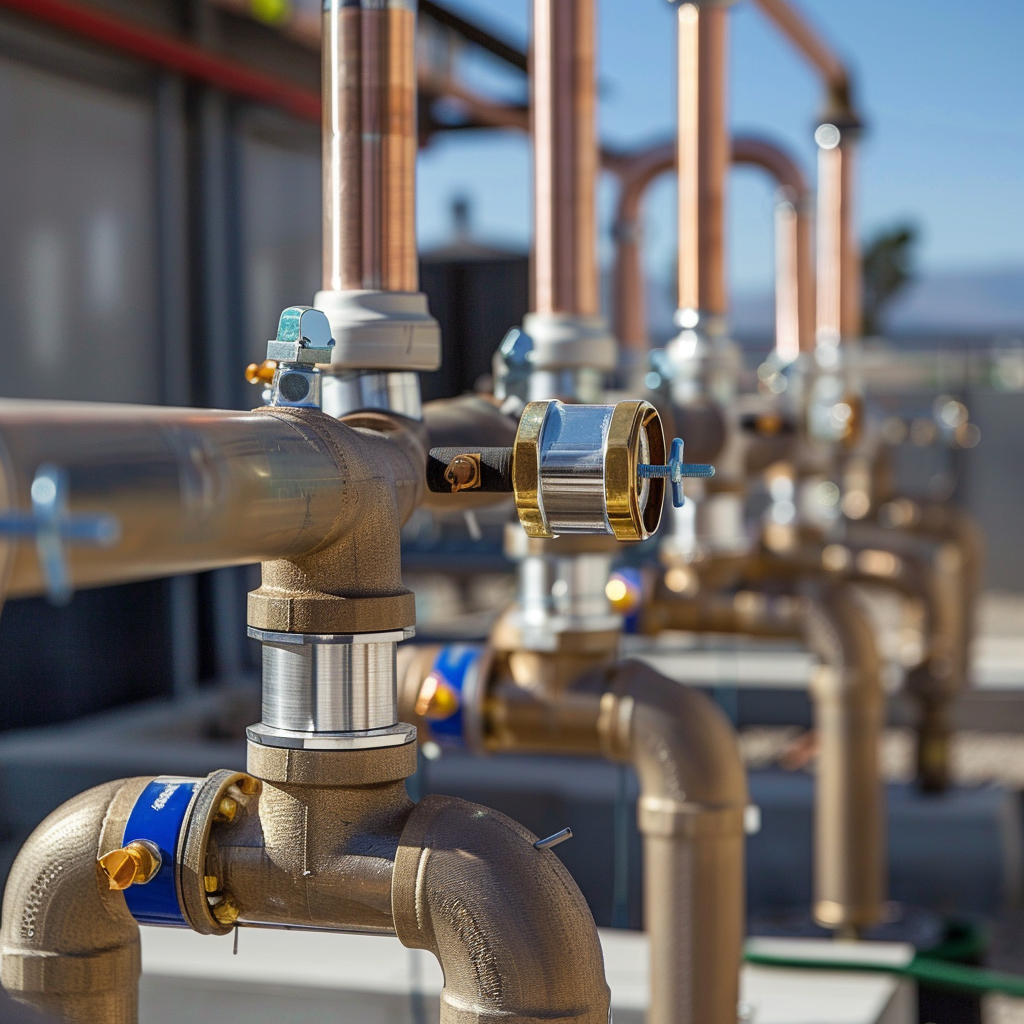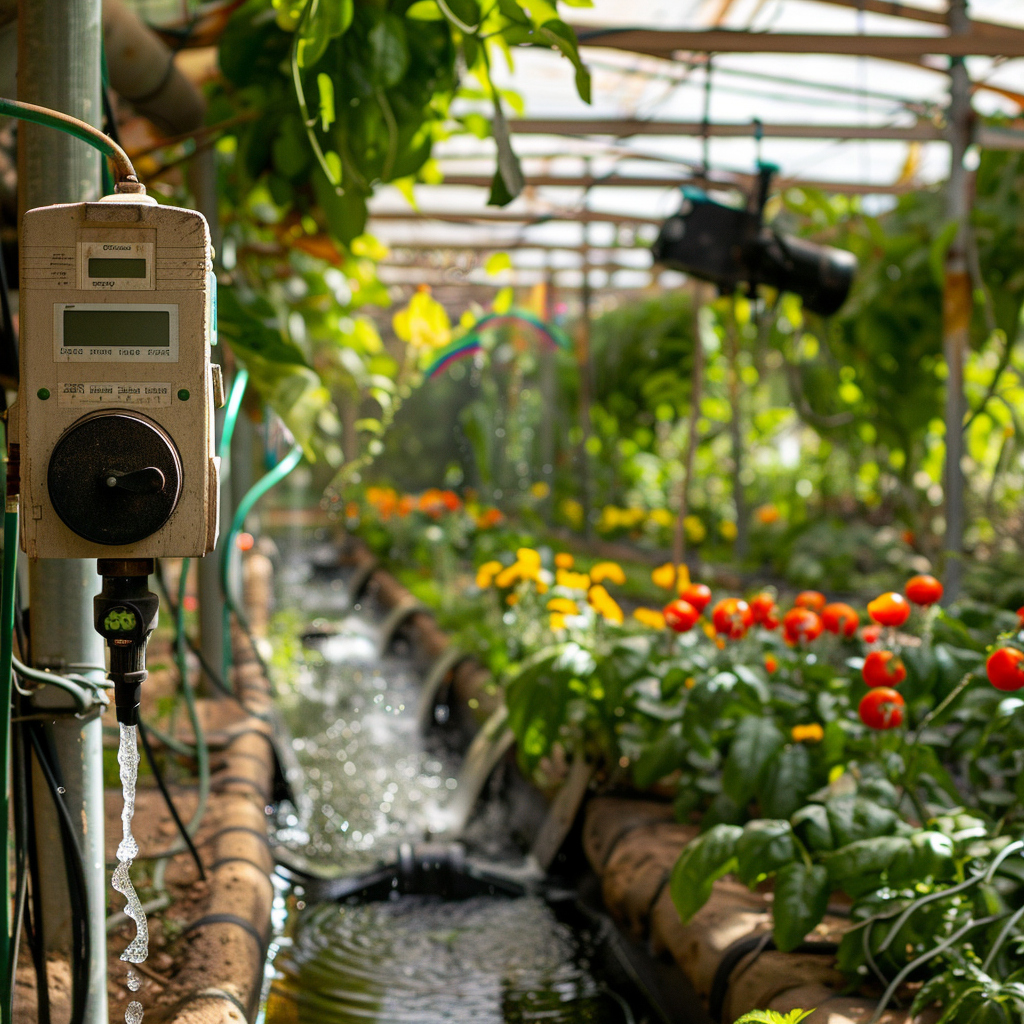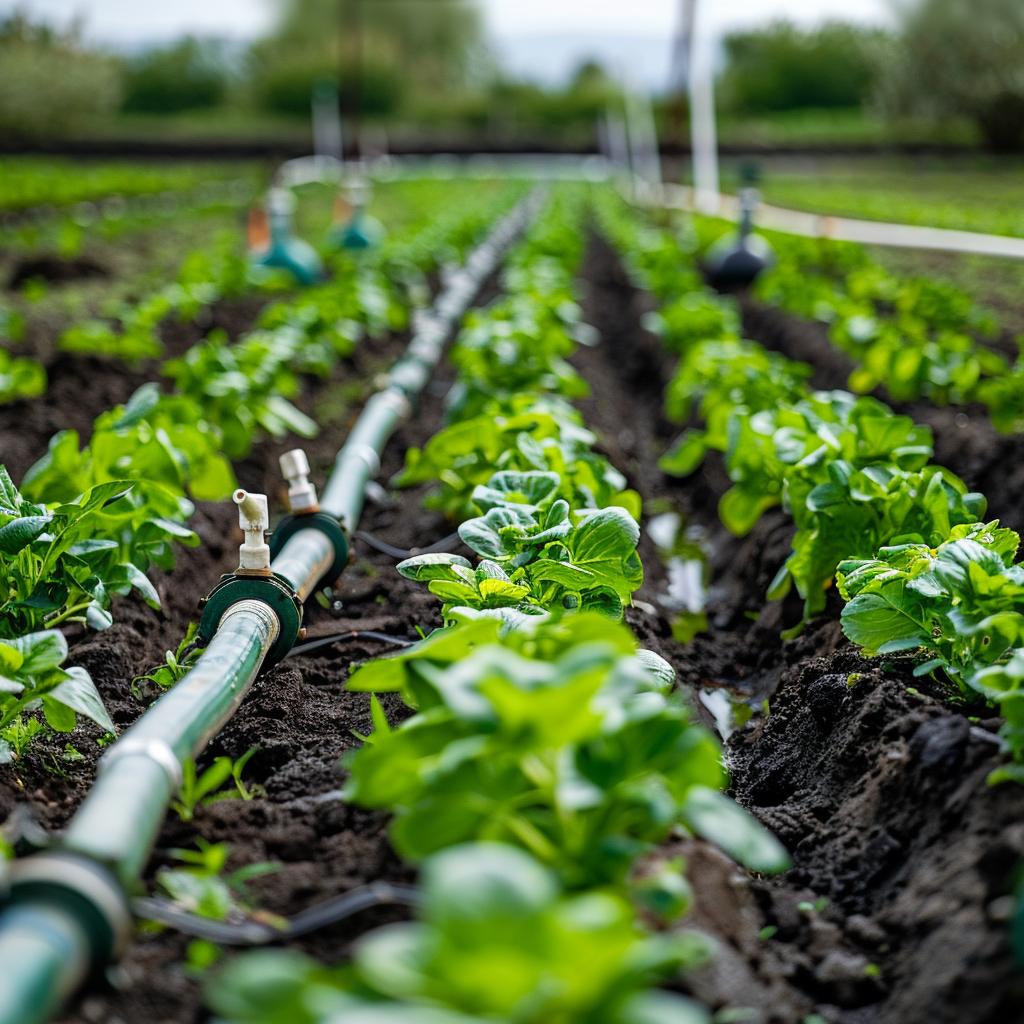
Essential Water Irrigation Control Components and Their Benefits
At the heart of every water irrigation control system is its components. These individual parts work together to manage and optimize the distribution of water and have revolutionized the agriculture and landscaping industries. As the leading manufacturer of water irrigation control components, we understand the value and importance of each component for efficient operation. In this blog, we will dive into key water irrigation control components and their benefit to the overall system.

- Controllers
The controller is the brains of the water irrigation control system. This water irrigation control component manages the timing and duration of the water cycle, oftentimes following complex schedules and adjusting to weather conditions.
The three key benefits of a properly designed and manufactured controller are water conservation, customization, and convenience. Water conservation can be achieved with a smart controller turning the system on and off and adjusting schedules based on moisture levels in the air. A controller can be customized to specific watering schedules, and the convenience is in the automation which requires less need for manual maintenance.
- Valves
Another key water irrigation control component is the valve. The primary role of this system’s valve is to control the water flow from various areas of the irrigation system. Valves can either be operated electronically or manually.
Two additional key features of a valve are zone control, and precise delivery of water. Zone control within a water irrigation control system ensures that water is delivered to specific areas as needed. As it relates to durability, high-quality valves, such as those produced by Gulf, are designed and manufactured to withstand harsh conditions and varying pressures. Each of these features ensure long term durability.
- Sensors
Sensors are the water irrigation control components that give real-time data to the irrigation controller. Types of sensors can include soil moisture sensors, rain sensors, and weather sensors.
There are many benefits of water irrigation control sensors including efficiency, cost savings, and environmental protection. Sensors ensure that watering only happens when it’s necessary, and with agriculture, there is little room for error or overwatering could greatly affect crop health. Mitigating overwatering will help reduce water bills, and less wasted water means less risk of runoff which protects local ecosystems.
- Sprinklers and Drip Emitters
Sprinklers are used for water distribution in large areas, and drop emitters are used for precise watering. Each of these water irrigation control components are critical to the operation of the overall system.
Both sprinklers and drip emitters cater to different needs and landscape designs. Drip emitters are very efficient as they can deliver water specifically to plant roots to reduce evaporation and runoff. Sprinklers, on the other hand, are very beneficial in large areas as they can provide even coverage. This ensures even plant growth and harvesting.

- Piping and Tubing
Piping and tubing are two critical water irrigation control system components. These components transport water to the valves, sprinklers, and emitters.
Durability, resistance to environmental factors, and leak prevention are key benefits of these components. If these components are designed and manufactured with high-quality materials, it will ensure a longer life span with loss maintenance and lower costs.
- Filters and Pressure Regulators
Filters are one of the most critical water irrigation control components as it removes debris and impurities out of the water before it is distributed. Filters also protect the systems from clogs and further costly damage. Pressure regulators do as their name suggests. They regulate the flow of water from the water irrigation control system to the crop to ensure even pressure and distribution.
Contact Gulf to Learn More About Water Irrigation Control Components
As we have reviewed, the components of the water irrigation control system are paramount for the operation of the system, as well as its reliability and durability. Investing in well designed and manufactured components not only offers less maintenance and lower costs, but also contributes to healthy crops and corporate sustainability efforts.
Contact our engineering experts to discuss the intricacies of your next project. As a manufacturer of high-quality water irrigation control components, such as valves, diaphragms, seals, and flow controls, we are committed to helping you achieve the best results for your landscapes, gardens, and agricultural fields.
